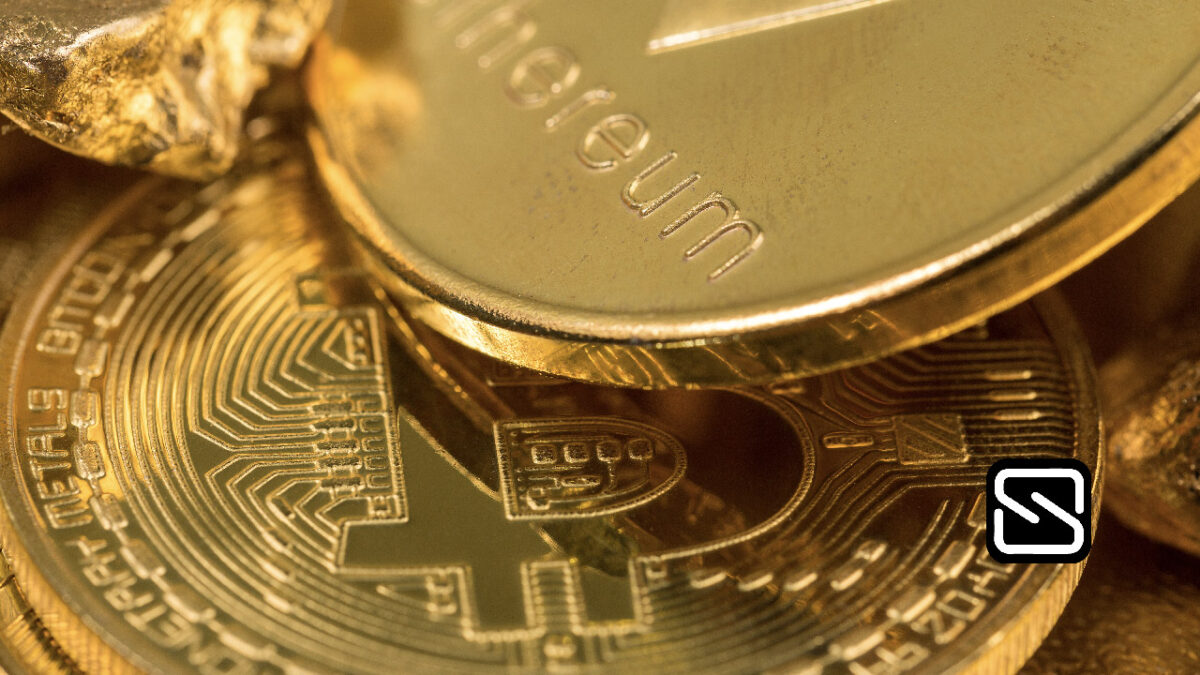A prominent early-2000s peer-to-peer music sharing service called LimeWire is getting a second act. The new owners of LimeWire stated today that the long-dormant brand will be revived as an NFT marketplace, initially focusing on music and associated collectibles.
LimeWire, led by co-CEOs Paul and Julian Zehetmayr, a pair of serial digital entrepreneurs, will launch in May. According to Decrypt, the brothers bought the LimeWire brand last year in order to revive it to a new generation of digital listeners.
“We greatly admire the strength and enthusiasm that surrounded the LimeWire brand and what it represented to a generation of consumers,” they stated, “and we couldn’t be more pleased to bring it back to life in the fast-paced world of digital collectibles, music, and entertainment.”
LimeWire will be managed by a brand-new staff with no ties to the old company, which started in 2000. After a series of legal challenges from record companies alleging copyright infringement against LimeWire, the original service was shut down in 2010 due to a legal injunction.
The relaunch, according to the Zehetmayrs, is an opportunity to change LimeWire’s long-term narrative. Rather than allowing users to freely exchange songs, as the old LimeWire did, the new LimeWire aims to assist artists by allowing them to sell NFTs that represent songs, providing consumers with a direct link to the musicians they support.
The co-CEOs stated, “LimeWire is returning as a platform for artists, not against them.” “On LimeWire, the majority of the money will go straight to the artist, and we’ll be working with creators to provide them complete flexibility, ownership, and control over their content.”
The new LimeWire marketplace aims for accessibility in order to attract a larger user base. In collaboration with Wyre, it will price NFTs in US dollars and accept credit cards, bank transfers, and other fiat currency payments. Know-your-customer (KYC) compliance measures will be in place, and the use of a self-custodied crypto wallet will not be required.
The company hasn’t said which blockchain network it’ll use, but according to a press release, it’ll be cost-effective, energy-efficient, and have quick transactions, as well as a “main blockchain” that can connect assets to Ethereum and the sidechain scaling solution Polygon.
LimeWire plans to start with music NFTs and related collectibles from performers, such as digital artwork and films, but will progressively grow beyond that initial subject. Later this year, the curated platform will launch its own token, which will include governance features such as voting on who should be included in the platform, as well as access to exclusive content and discounted prices.
The company has hinted at a number of collaborations with “important musicians” in the music industry, but none have been confirmed as of yet. LimeWire will have Tareef Michael, the manager of the hip-hop group Wu-Tang Clan, as an advisor.
An NFT is a digital file that works as a deed of ownership. An NFT can represent digital artwork, profile images, video files, and interactive video game components in addition to music. In 2021, the total trading volume of the NFT business surpassed $25 billion.
Music NFTs are predicted to be one of the next big things in the space, with some industry insiders believing that blockchain-backed assets like this can disrupt the traditional music industry. NFTs have been issued by artists such as 3LAU, Nas, Kings of Leon, and Snoop Dogg, and in many cases, the owners receive royalties when the tracks are streamed.
LimeWire’s goal, according to the Zehetmayrs, is to provide fans with an alternative option to support artists and possess unique recordings such as demos, samples, and exclusive tracks, rather than to compete with streaming music companies.
“We’ve noticed a desire across the industry to reclaim control and ownership, and we’re here to help artists and creators do just that,” they stated. “We regard NFTs as collectibles in the same way that vinyl is, and we feel a brand like LimeWire is needed to bring the concept of owning digital artifacts popular.”









